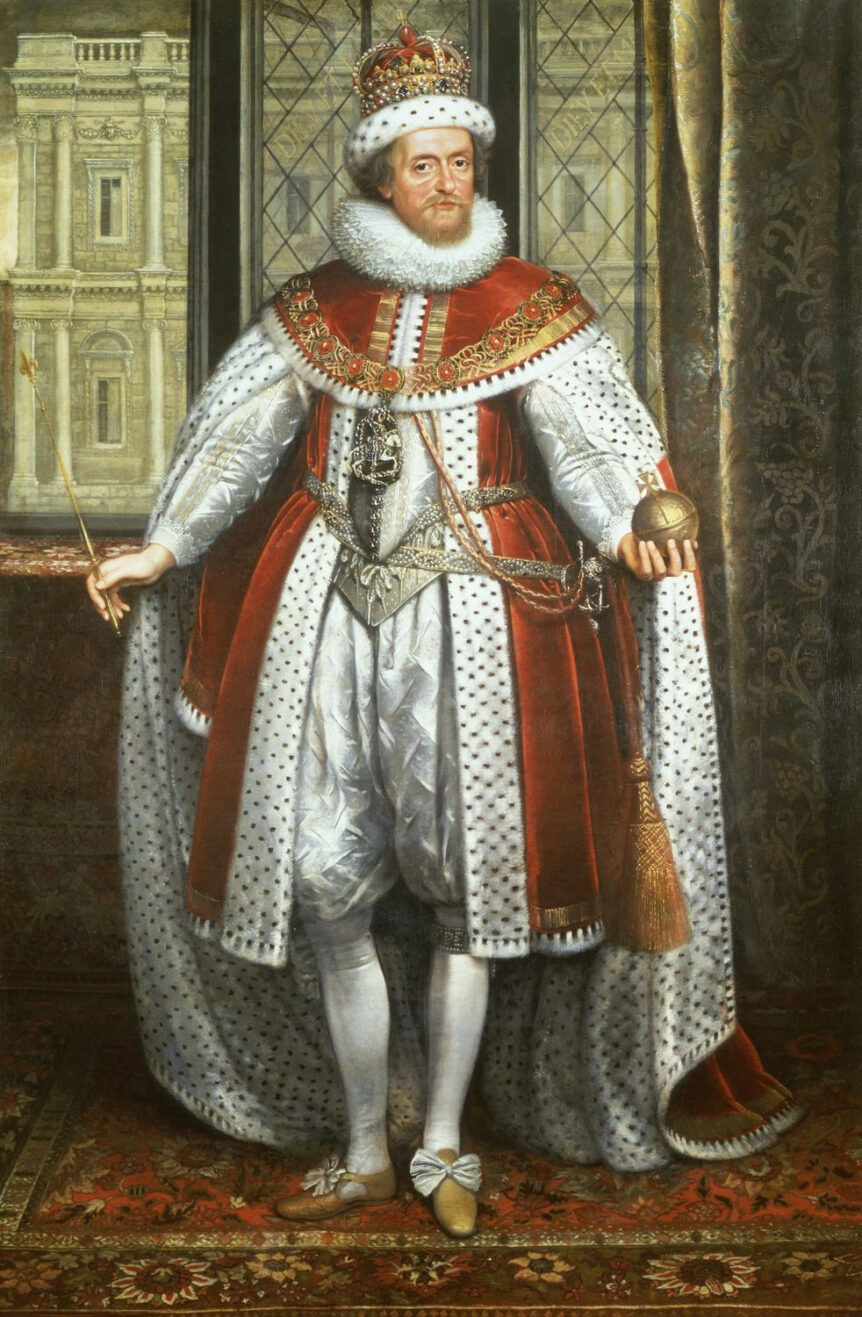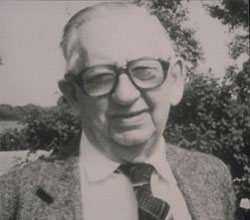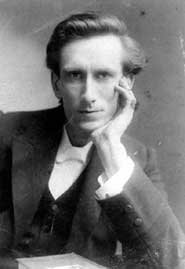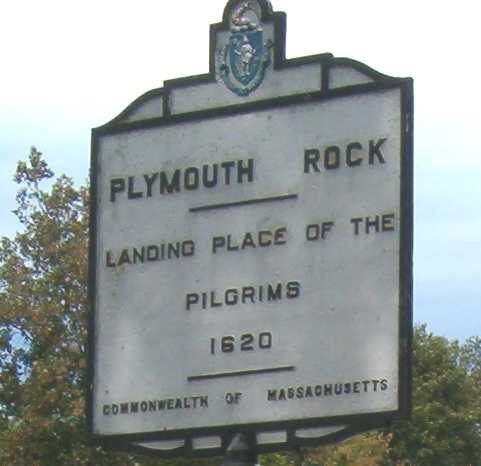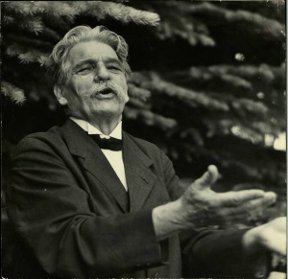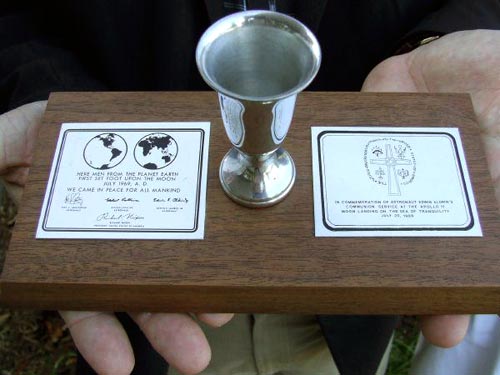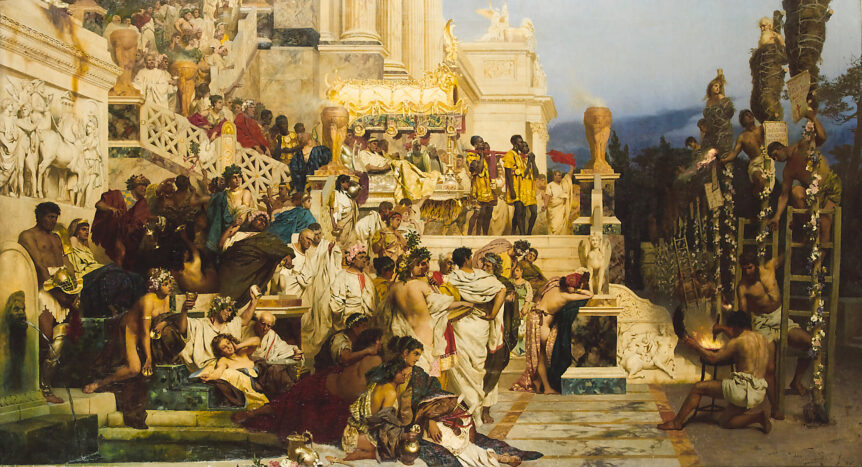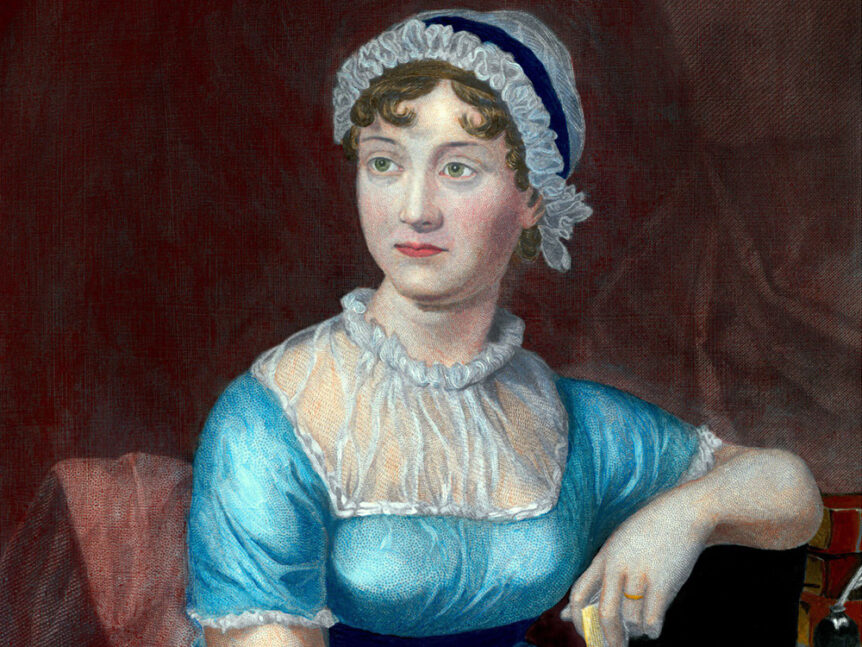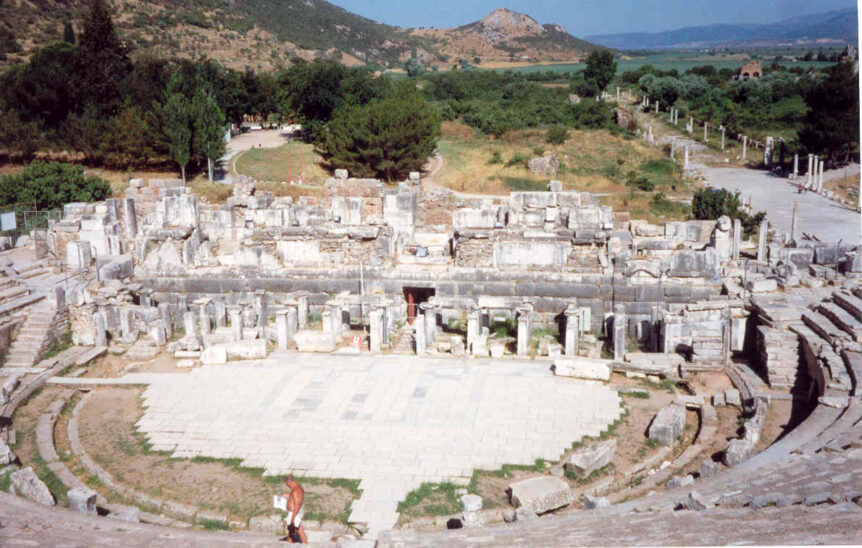King James VI of Scotland became King James I of England on this day on July 26, 1603 and wanted to get a new, official version of the Bible for the Church of England to use. He didn’t like the commentary notes in the Geneva Bible that many Protestants used after returning to England during the reign of his cousin …
July 25, 1899 – “How Great Thou Art”
One of the hymns that always makes the list of favorites is “How Great Thou Art” which was written by a British missionary to Russia named Stuart K. Hine. Hine, an inductee into the Gospel Music Hall of Fame in 1994, was born on July 25, 1899. The lyrics came from a Swedish poem and Hine (who is pictured here) …
July 24, 1874 – Oswald Chambers
One of my all-time favorite devotionals is the classic My Utmost for His Highest by Oswald Chambers. Oswald was born on July 24, 1874 in Aberdeen, Scotland and struggled for the first 29 years of his life trying to figure out what service God would have him do. He eventually was commissioned as a chaplain through the YMCA to Egypt …
July 23, 1945 – Youth for Christ
On July 23, 1945, at Winona Lake, Indiana forty-two delegates formed Youth for Christ International which is still active today. The delegates elected Torrey Johnson as president who in turn recruits a full-time evangelist by name of Billy Graham.
July 22, 1620 – Pilgrims Set Sail
Too few Americans talk about our Christian heritage but the truth is doctrinal issues drove the Pilgrims to the New World. They were refugees – running from oppression by the Church of England because they felt the Church had lost it’s focus on the supremacy of Scripture. Branded as “separatists” they boarded the ship Mayflower on July 22, 1620 and …
July 21, 1900 – Albert Schweitzer
Albert Schweitzer is best known for his work in establishing and running a hospital in Africa where he died. Born on the French-German border, he was licensed to the ministry on July 21, 1900 in the Lutheran church and even wrote a biography of Bach (he was an excellent organist). His views on Jesus were not in line with most …
July 20, 1969 – Buzz Aldrin and the Lord’s Supper
Many recall the first moon landing by Buzz Aldrin happened on July 20, 1969 but were you aware right before Aldrin took his walk he had the Lord’s Supper? As a Presbyterian elder in Houston, TX, Aldrin had his church help him with a small chalice, some wine and bread and said back to Mission Control: “This is the LM …
July 19, 64 AD – Rome’s Great Fire
The first time I learned of Emperor Nero fiddling while Rome burned was from a Bugs Bunny cartoon (which is also where I first heard classical music!). What I didn’t know was this was the very beginning of Roman persecution of Christians that would not end for almost 250 years until Constantine came to power. July 19, 64 is when …
July 18, 1817 – Jane Austen
Literature enthusiasts would surely place Jane Austen in the Top 10 list of British authors. Austen, who died of Addison’s disease on July 18, 1817, was the daughter of a Church of England minister and her brothers were also ministers. Her classics like, Pride and Prejudice and Sense and Sensibility, are full of characters who show their Christian principles and …
July 17, 431 – Council of Ephesus
As the early church grew it became more and more common for church councils to decide issues of theology and doctrine. The Council of Ephesus was well underway on July 17, 431, when it excommunicated a bishop named John of Antioch. John, along with other bishops, held to the idea Mary the mother of Jesus could be known as “the …
